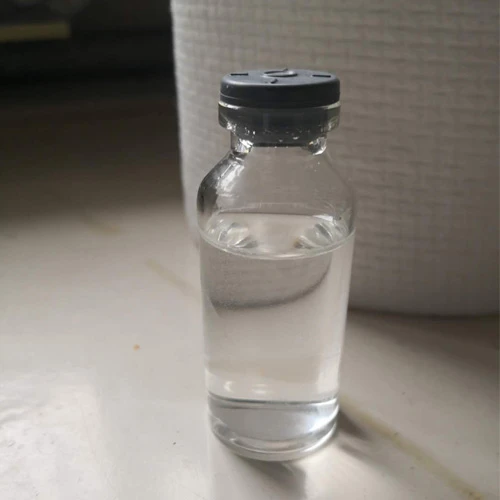Amine Boiler Feed Water Treatment Ensuring Efficiency and Longevity in Steam Systems
In industrial settings, boilers play a critical role in supporting various processes by generating steam, which is essential for heating, power generation, and mechanical work. However, the efficiency and lifespan of boiler systems can be significantly affected by the quality of the feed water used. This is where amine treatment comes into play, a method that has gained popularity for its effectiveness in minimizing corrosion and scaling within boiler systems.
The Importance of Feed Water Quality
The quality of feed water is paramount because impurities can lead to various operational issues. Contaminants such as dissolved gases (oxygen, carbon dioxide), minerals (calcium, magnesium), and particulates can result in corrosion, scale formation, and even foaming. These issues can severely impact boiler efficiency, safety, and maintenance costs. Therefore, treating feed water is essential to protect the boiler and prolong its working life.
What are Amines?
Amines are organic compounds derived from ammonia, where one or more hydrogen atoms have been replaced by hydrocarbon groups. In the context of boiler feed water treatment, volatile amines, such as morpholine, cyclohexylamine, and diethylaminoethanol, are commonly used. These compounds are effective oxygen scavengers and corrosion inhibitors.
Mechanism of Action
The primary function of amines in boiler feed water treatment is to neutralize acidic conditions caused by dissolved carbon dioxide. When CO2 dissolves in water, it forms carbonic acid, which contributes to the corrosion of metal surfaces within the boiler. By raising the pH level, amines help create an alkaline environment that mitigates the corrosive impacts of these acids.
Additionally, volatile amines can evaporate with steam into the condensate system. This characteristic is advantageous as it ensures that the treatment chemicals are evenly distributed throughout the entire steam system, maintaining effective corrosion protection not only in the boiler but also in downstream piping and heat exchangers.
amine boiler feed water treatment

Benefits of Using Amines
1. Corrosion Prevention By effectively raising the pH level and reducing acidic conditions, amines play a crucial role in preventing corrosion in boiler components. This results in a longer operational life for equipment and reduced maintenance costs.
2. Scale Control Amines, when used in combination with other water treatment methods, can help minimize the deposit of mineral scales. Scaling can severely impair heat transfer efficiency and lead to overheating and potential failure of boiler tubes.
3. Operational Efficiency Treating feed water with amines helps maintain optimal boiler performance. Efficient heat transfer and reduced scaling allow for lower fuel consumption and decreased operational costs.
4. Environmental Considerations Amines are often considered more environmentally friendly compared to traditional phosphates and other chemical treatments. Their use can align with sustainability objectives in industrial operations.
Implementation of Amine Treatment
The application of amine-based treatment requires careful monitoring and control. System operators need to ensure the appropriate dosage of amines based on the characteristics of the feed water and the specific requirements of the steam system. Regular testing of water chemistry, including pH levels and amine concentrations, is necessary to optimize treatment effectiveness and prevent potential issues.
In conclusion, amine boiler feed water treatment represents a vital strategy in safeguarding the efficiency and longevity of steam systems in industrial applications. As the demands for energy efficiency and reliability continue to rise, the role of effective feed water treatment methods, including the use of amines, will undoubtedly grow in significance. By investing in proper water treatment, industries can expect fewer downtime incidents, reduced maintenance costs, and improved overall performance of their boiler systems, thus contributing to a sustainable and economical operation.

